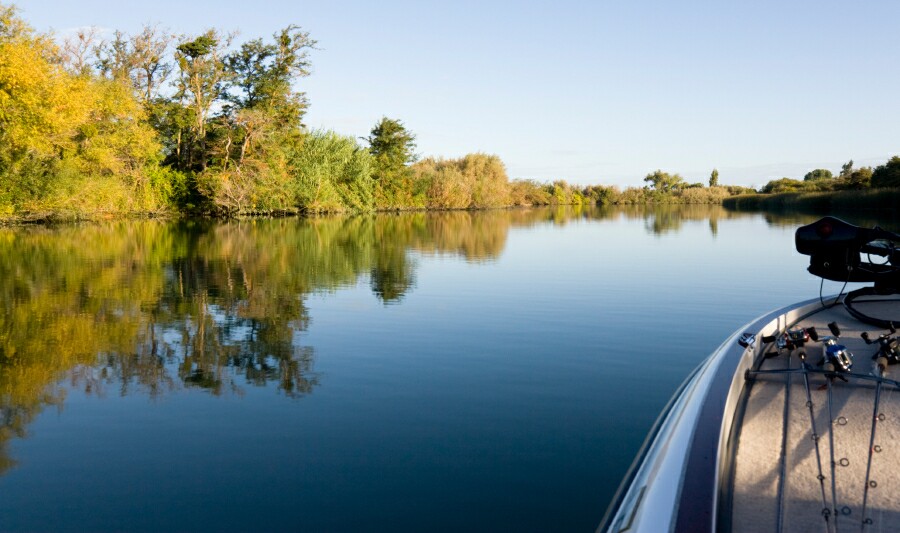 By Ken Wagstaff
By Ken Wagstaff
Just got my mail ballot for Measure I, the water supply question. I’ve listened carefully to friends on both sides.
Through all the arguing, one has to focus on what is really known.
We know the Water Advisory Committee heard from a variety of experts. We know its laborious and open process considered both supply and quality. We know the WAC unanimously endorsed the need to add surface water to Davis’ current system, which consists completely of wells.
Davis relies increasingly on only five deepest wells out of the twenty in operation. These deep wells are each about half a mile or more in depth. We know the rest of the wells, at intermediate depths, have a variety of contaminant problems.
They are undependable in the long run. And even deep wells can have problems: one had to be shut down because it was producing sand.
I was surprised, therefore, by the ballot statement from the Measure I opponents that “our groundwater levels recover every year, indicating the supply is adequate.” This statement cites no expert source, appears to lump all the wells together, and sidesteps the issue of risk over time. It is therefore an unsubstantiated and misleading statement.
On the other hand, in Thursday’s Enterprise, one of the WAC’s expert advisors, UCD hydrology professor Graham Fogg, said “the capacity of the deep aquifer to satisfy city water demand is unknown at this time because there is not yet enough information on the lateral extent of that aquifer and on how and at what rate it is recharged.”
Also, “concentrating more groundwater pumpage (pumping) in the deep aquifer will only accelerate the downward movement of contaminated groundwater toward the deep aquifer. In other words, just because the deep aquifer is deep does not mean it is invulnerable to contamination.”
The Enterprise asked, ‘How long can Davis survive with the current well water system?’ Dr. Fogg said “Perhaps one to three decades.”
Our family has lived here for almost 50 years. Our Davis grandkids deserve to know that 10, 20, even 30 years from now, Davis will still have a sustainable supply of clean water. It will be expensive, but so will the existing mandate, even without Measure I, to improve waste treatment of the well water we now use.
It’s up to us to make the extra investment required to assure supply and protect our deep, ancient groundwater. As we anticipate the crazy climate and droughts we are likely to have in the future, our deep wells must not be overdrawn.
Among the opponents are some who agree we need river water but they say not now, and we should join with West Sacramento to get it, not Woodland. “No emergency exists,” says their ballot argument. Is that a plan, to wait until we have a water emergency?
And we should persuade a resistant West Sac to join with us, create a new agency and build a pipeline across the causeway when Woodland is a willing partner in whom we have already invested?
Again, the “No” argument misleads: “Davis will pay 30 percent more per gallon than Woodland pays”. Simple math reveals this is because we must pay for our own pipeline from Woodland to here.
Other opponents invent myths: the Davis/Woodland municipal system will be “privatized” because it will hire an operator. Some even suggest the mail election will be fixed. Freddie Oakley cannot be trusted? Certainly there are legitimate concerns about impacts on the rate-payers.
We must keep working to address affordability. But that’s a separate process. The ballot issue is simply whether to build a better water system. We should. ÊI will vote YES on Measure I.
Ken Wagstaff served on the Davis City Council from 1998 to 2002 and Mayor from 2000-02.

I came to the same conclusion for similar reasons.
I like Ken. I voted for him. If he ran again, I would vote for him again.
When he chaired the CC meetings as Mayor, he had the style of explaining is thought process to the public, almost like thinking out loud. That made him transparent and his decisions clearly understood. As Mayor, he made serving the citizens of Davis first, rather than his personal political career. How refreshing.
Well said Ken. The decision we face is not an easy one, and there clearly are tradeoffs.
I hope everyone follows this model of critical thinking, regardless of what their personal end decision is. You have presented a reasoned evaluation of the tradeoffs and your own bottom-line in a transparent and thorough manner. Thank you for sharing.